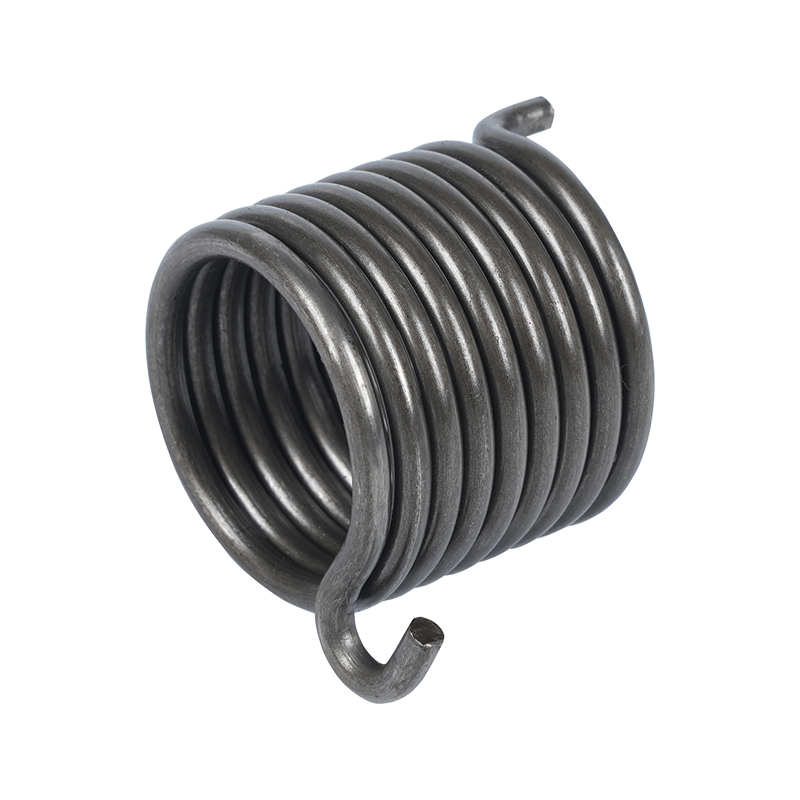Typical Parts Processed By CNC Machining Centers
CNC machining centers play a pivotal role in modern manufacturing, particularly in the production of intricate parts that require precision and consistency. Among the various components processed by these advanced machines, metal stamping dies stand out as critical tools in the fabrication industry.
Metal Stamping Dies: Precision Tools in Manufacturing
Metal stamping dies are specialized tools used to shape and cut metal sheets into specific forms. These dies are crucial in industries ranging from automotive to electronics, where mass production of parts with identical specifications is necessary. CNC machining centers enhance the efficiency and accuracy of metal stamping die production by automating complex cutting and shaping processes.
In the realm of automotive manufacturing, for instance, metal stamping dies are employed to create body panels, chassis components, and structural elements. The ability of CNC machining centers to execute intricate designs with small errors ensures that each stamped part meets stringent quality standards.
CNC Machining Parts: Diverse Applications Across Industries
Apart from stamping dies, CNC machining centers are utilized for fabricating a diverse array of parts across various sectors. These machines excel in producing components that demand high precision, such as aerospace components, medical devices, and customized industrial machinery parts.
In aerospace engineering, CNC machining is indispensable for crafting turbine blades, engine components, and structural fittings. The capability of CNC machines to work with materials like titanium and composite alloys underscores their versatility and reliability in meeting aerospace's stringent performance requirements.
Integration of Technology: Enhancing Manufacturing Capabilities
The synergy between CNC machining centers and metal stamping dies exemplifies the integration of technology to elevate manufacturing capabilities. Computer-aided design (CAD) software enables engineers to create intricate die designs that CNC machines can translate into tangible components with exceptional accuracy.
The precision offered by CNC machining not only streamlines production processes but also contributes to reducing material waste and optimizing operational efficiency. This efficiency is particularly advantageous in industries where high-volume production and rapid prototyping are critical for maintaining competitiveness.
Future Trends and Innovations
Looking ahead, advancements in CNC machining technology continue to push the boundaries of what is achievable in manufacturing. The evolution towards smarter, more interconnected machining systems promises to further enhance productivity and flexibility in adapting to changing market demands.
Innovations such as real-time monitoring of machining parameters and adaptive machining strategies based on data analytics are poised to revolutionize how CNC machining centers operate. These developments not only improve part quality and consistency but also pave the way for sustainable manufacturing practices by less energy consumption and environmental impact.
This symbiotic relationship between CNC machining centers and metal stamping dies exemplifies the ongoing evolution of manufacturing technology. As industries increasingly prioritize efficiency and quality, the continuous advancements in CNC machining promise to redefine production standards. By embracing these innovations, manufacturers can not only meet current demands but also anticipate future challenges with resilience and adaptability. This relentless pursuit of excellence underscores the transformative impact of CNC machining in shaping the industrial landscape of tomorrow.
In conclusion, CNC machining centers play a pivotal role in the fabrication of metal stamping dies and a wide range of precision components. Their ability to integrate advanced technologies with traditional manufacturing processes underscores their importance in modern industry. As we embrace future innovations, the synergy between CNC machining and metal stamping dies will continue to drive efficiency, quality, and innovation in manufacturing worldwide.


 English
English русский
русский Español
Español











